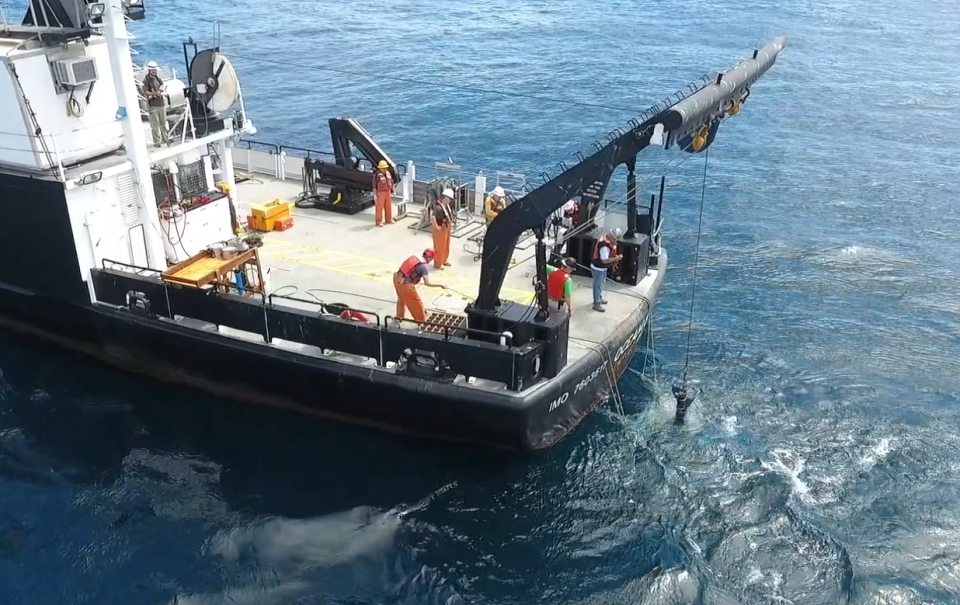MPRSA Ocean Sites
The EPA designates and manages ocean sites for certain materials permitted under the Marine Protection, Research and Sanctuaries Act (MPRSA).
As of September 2024, the EPA’s Marine Protection Permitting Program manages 96 designated MPRSA ocean sites. The number of ocean sites may vary slightly from year to year as the EPA designates a new site or cancels (de-designates) a site that is no longer needed. All but one of the currently designated ocean sites are for dredged material permitted or authorized under the MPRSA. There is currently one EPA-designated ocean site for the disposal of fish processing wastes off American Samoa.
Locations for designated MPRSA ocean sites are selected to minimize the risk of potentially adverse impacts of the disposed material on human health and the marine environment.
The disposition of dredged material into the ocean requires use of an EPA designated MPRSA ocean site to the greatest extent feasible. The EPA's implementing regulations for the MPRSA provide the criteria and procedures for the designation and management of MPRSA ocean sites.
More detailed information about MPRSA ocean sites can be found at the links below.
- MPRSA Ocean Site Monitoring and Management
- MPRSA Ocean Site Designation
- MPRSA Ocean Site Map
- Annual MPRSA Ocean Site Monitoring and Assessment Reports

